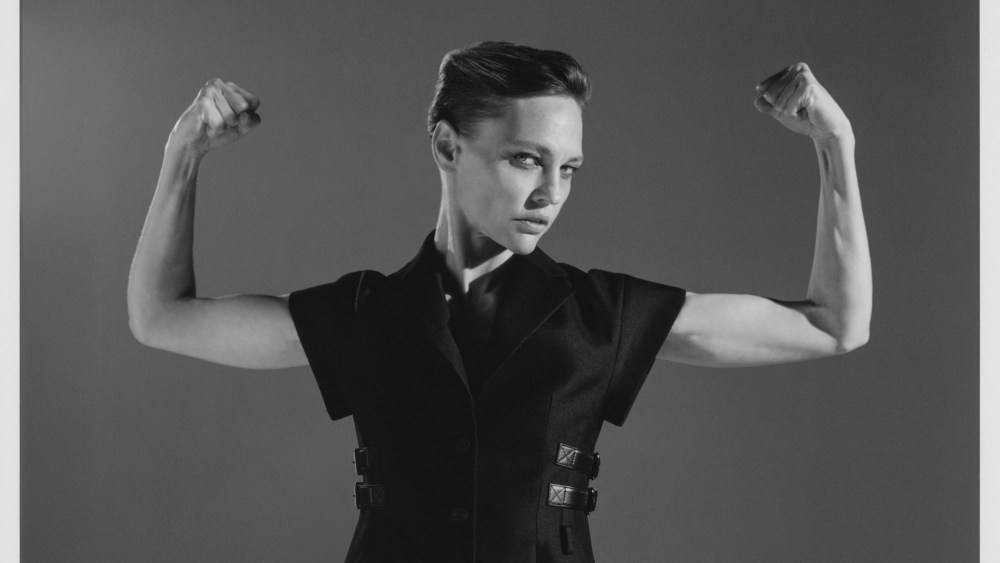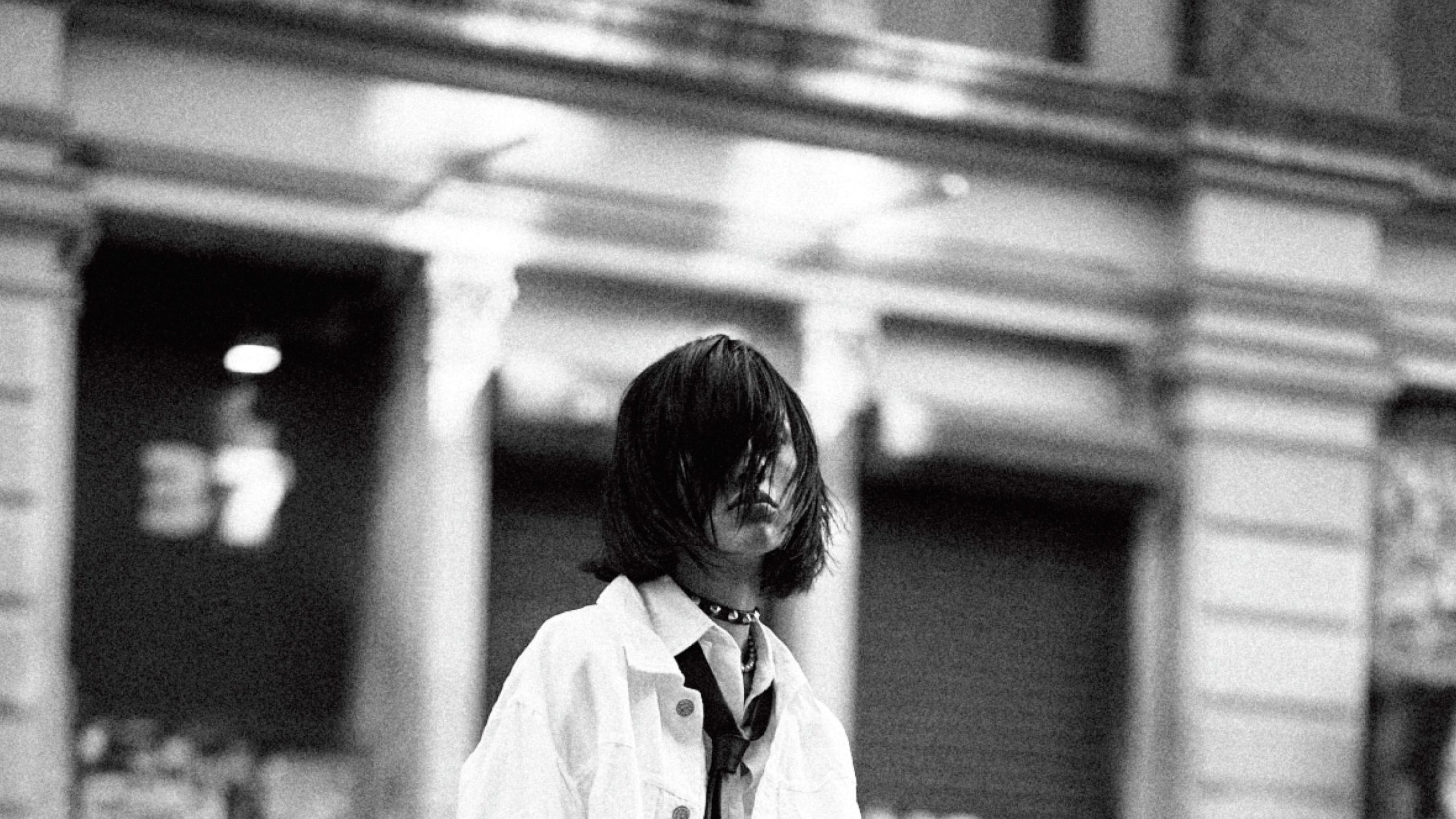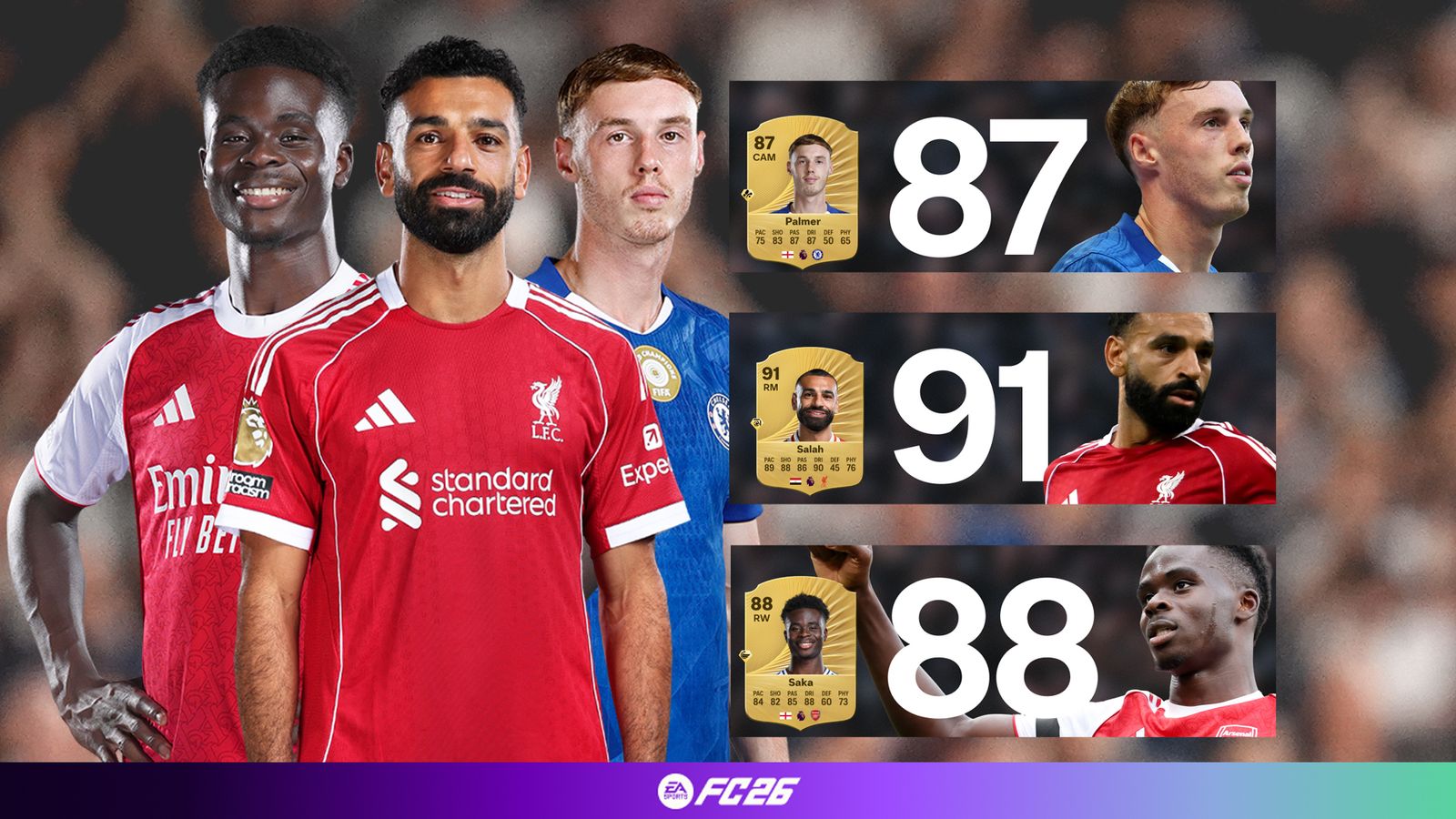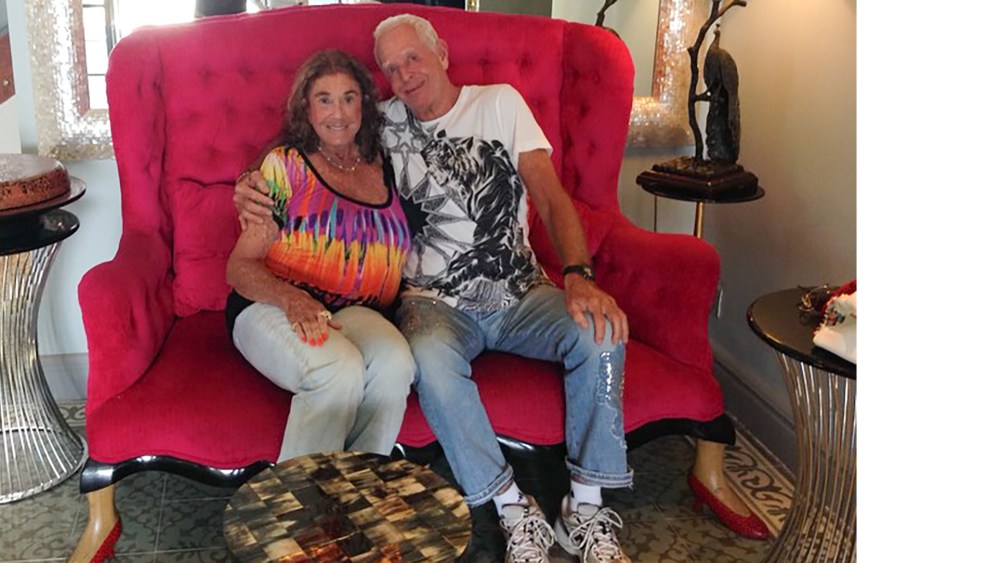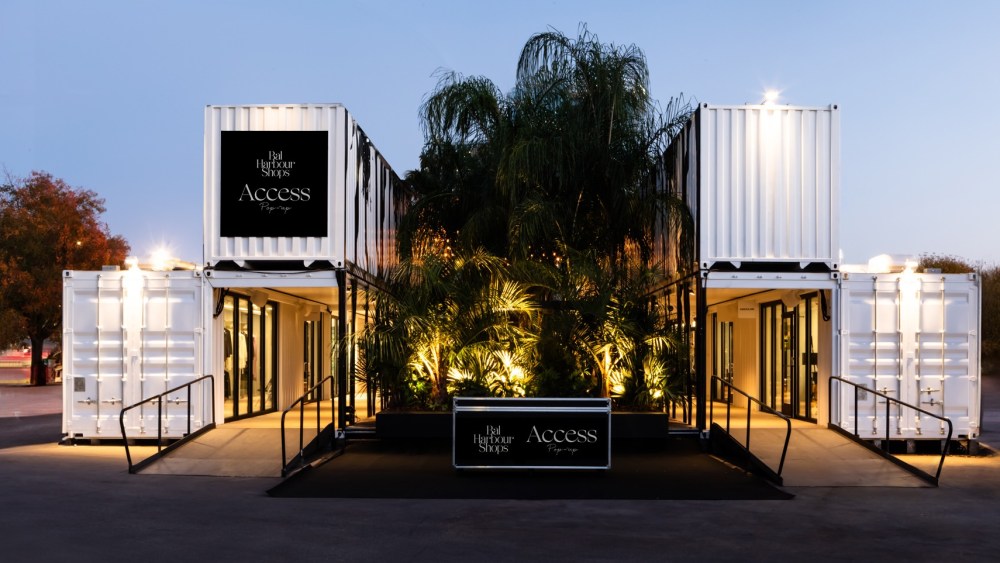
It may be costly and depend on some complicated logistics, but Bal Harbour Shops continues to take its portable mini-mall concept on the road to different markets.
Currently, a Bal Harbour Shops Access Pop-up mini mall is operating at Tanger Outlets in Asheville, N.C., among the southern cities recovering from the devastation of Hurricane Helene and a decline in tourism.
Wind and flooding from the hurricane hit North Carolina in September 2024, primarily in its western Appalachian region. More than 100 deaths were reported. To help with the continuing recovery, between 1 percent and 10 percent of the sales from Access Pop-up, depending on the day and different events, are being donated to charities working on the issue.
Bal Harbour Shops’ unique two-and-a-half-year-old roving format is expected to soon pop up in other areas, including, Nashville, and locations in south Florida, provided permissions and permits are granted by landlords and local authorities.
“We have a list of markets where we are working to get approvals,” said Matthew Whitman Lazenby, president and chief executive officer of Whitman Family Development, the family business that owns the 450,000-square-foot Bal Harbor Shops open-air, luxury shopping center housing more than 90 fashion brands, six restaurants and an open-air courtyard of palm trees and ponds filled with koi fish and turtles. Whitman Family Development is also the codeveloper of the retail components of Miami’s Brickell City Centre.
“Bal Harbour Access Shops is a strategy designed to have a multiyear run,” said Lazenby. “We can’t say precisely when the next one will open, but we intend to keep it going.”

Matthew Whitman Lazenby
Bal Harbour Shops Access Pop-up debuted in Raleigh, N.C. in November 2023, and subsequently appeared in Sarasota, Fla.; South Walton, Fla.; Greenville, S.C.; West Palm Beach, Fla.; Charleston, S.C., and, Asheville, which opened on June 13 and is scheduled to run through Aug. 10. The concept has been appearing in four markets annually, with each site staying open for eight weeks.
In Asheville, the temporary format occupies 30,000 square feet of Tanger’s parking lot, with 6,000 square feet of retail space for several small luxury shops including Tiffany, Valentino, Balmain, Assouline, Etro, Golden Goose, Eleventy and Johanna Ortiz. Additionally, there’s The Whitman, an upscale restaurant that has indoor and outdoor seating. Though the set up is in an outlet center, the shops are regular-priced. It has a lush, tropical, al fresco environment reminiscent of Bal Harbour Shops in Miami. As Lazenby said, the format strives to be “a faithful recreation” of Bal Harbour Shops, though on a much smaller scale.
While each Access Pop-up is not necessarily a profit-maker, Lazenby said the benefit really comes from establishing “emotional connections” with the luxury consumers that don’t live close enough to frequent Bal Harbour Shops in Miami, but learn about the center by visiting one of the Access Pop-ups. Many then begin shopping Bal Harbour Shops remotely via a personal shopper, or the center’s e-commerce website. Some have even begun to show up at the center. “There are all these different avenues we can [use to] attract new shoppers,” Lazenby said.
As Access Pop-up continues its journey, it tweaks how it operates and challenges become less so. “In each market, we are learning,” Lazenby said. But the amount of business being generated, he acknowledged, does not offset the costs of the logistics, the design, putting the format up, taking it down, and reassembling it in another locale. “We didn’t expect that it would, but one day we might break even,” Lazenby said. “We are ‘moving mountains’ to drive revenue and find new ways to operate a bit more efficiently.”
Of all the Access Pop-ups that have operated so far, “Asheville has the greatest conversion rate per customer,” Lazenby said. “People here have been starving for this kind of concept.” Lazenby does have a strong sense of the market since he has a home in Asheville. It’s situated high above the Asheville River and escaped the flooding in the area.
“Asheville is one of the most special places in the world to me,” he said. “This is home. After everything the city has been through, I felt a deep responsibility to do more than write a check. I wanted to bring something here that would drive energy, traffic, opportunity and optimism.”
At the Asheville Access Pop-up, more than 100 luxury brand shops are housed in shipping containers designed to be transported. The shops are custom-built, air-conditioned and fitted with furniture, vitrines and shelves. The shops typically range from 250 square feet to about 700 square feet, depending on if the brands use one, two or three containers. The movable format can be assembled in as little as a week.
“The brands can thoughtfully do more with less,” Lazenby said, adding that they tend to make only minor modifications at each Access Pop-up, such as with new branding, displays or carpeting.
The portable mall format has never been done before, Lazenby said, adding that it does require a major commitment of time interfacing with the brands, and even more time with prospective landlords and cities for approvals, Lazenby said.
“The strategy has been successful based on conversion of folks in markets that would not have otherwise become Bal Harbour shoppers. I do wish there was a way to do it more efficiently. There’s just this gargantuan cost, but this year we are spending less than last year, and getting better at it each time.”
“We also spend a fortune getting the word out and promoting the experience, but every landlord has seen it is as a huge boon. Generally, we aren’t a big rent payer. Rather, we drive traffic to their sites and get them qualified customers that they wouldn’t otherwise get.”

A view of The Whitman restaurant at Bal Harbour Shops Access Pop-up.
#Bal #Harbour #Shops #Roving #Mini #Mall #Road

